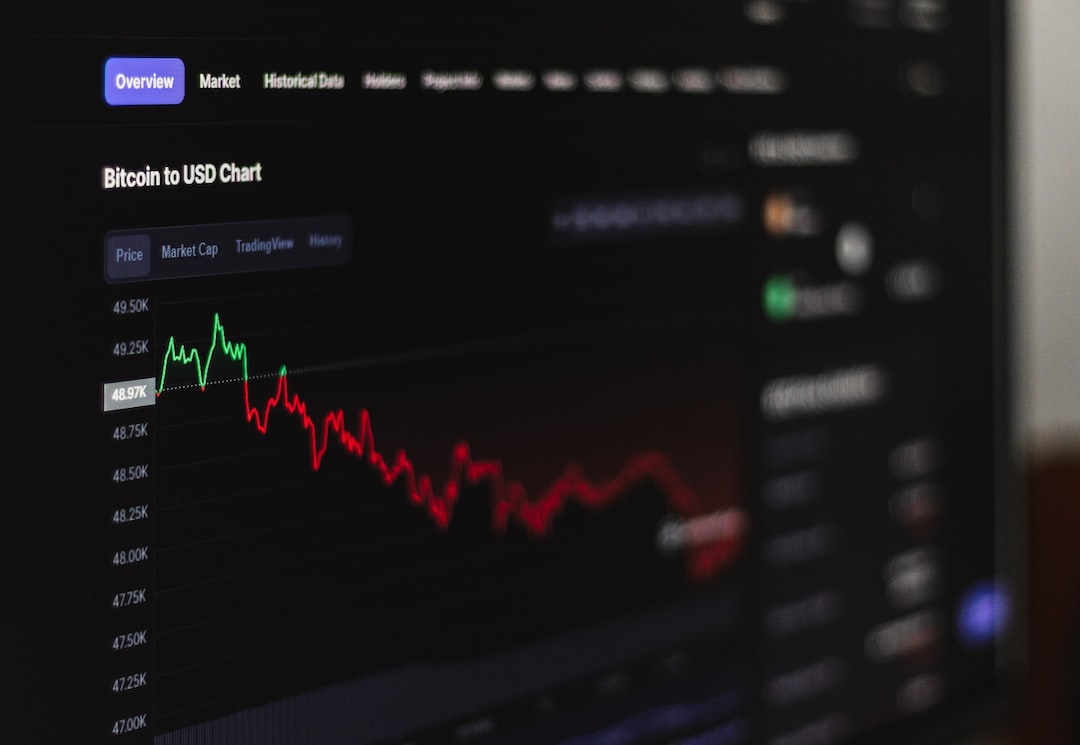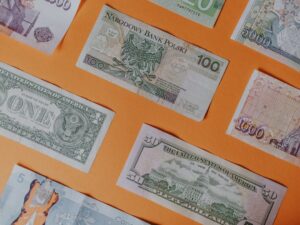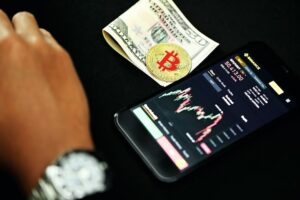The foreign exchange market, also known as forex, is a global decentralized market where currencies are traded. With a daily trading volume of over $6 trillion, it is the largest and most liquid financial market in the world. Forex trading involves buying one currency while simultaneously selling another, with the goal of profiting from changes in exchange rates.
However, forex trading is not without risks. One of the key factors that can significantly impact forex risk is the influence of economic and political factors. In this article, we will explore the impact of these factors on forex risk and why traders need to pay close attention to them.
Economic factors play a crucial role in forex risk. The value of a currency is influenced by the economic performance of its respective country. Strong economic indicators such as GDP growth, employment rates, inflation, and interest rates can boost the value of a currency, making it more attractive to investors. On the other hand, weak economic indicators can lead to a decrease in currency value.
For example, if a country’s GDP growth rate exceeds expectations, it can indicate a strong economy, leading to an increase in demand for its currency. As a result, the value of the currency may appreciate against other currencies, providing traders with an opportunity to profit. Conversely, if a country’s GDP growth rate disappoints, it can lead to a decline in currency value, increasing forex risk for traders.
Interest rates also play a significant role in forex risk. Central banks use interest rates as a tool to control inflation and stimulate economic growth. When a country’s central bank raises interest rates, it makes the currency more attractive to foreign investors seeking higher returns. This increased demand for the currency can lead to an appreciation in value. Conversely, when a country lowers interest rates, it can make the currency less attractive, potentially leading to a depreciation in value.
Political factors also have a substantial impact on forex risk. Political stability is vital for currency value. Countries with stable political environments are more likely to attract foreign investment, which can increase demand for their currency. On the other hand, political instability, such as government corruption, civil unrest, or geopolitical tensions, can undermine investor confidence and weaken the currency.
For example, during times of political uncertainty, investors may seek safer havens for their investments, such as the US dollar or Japanese yen. As a result, currencies of politically unstable countries may experience significant depreciation, leading to increased forex risk.
In addition to political stability, trade policies and international relations can also influence forex risk. Trade disputes, tariffs, and trade agreements can impact the value of currencies. For instance, if a country imposes tariffs on its trading partners, it can lead to retaliatory measures and disrupt global trade, potentially causing a decrease in currency value.
Furthermore, forex risk can be exacerbated by unexpected political events, such as elections or referendums. These events can introduce uncertainty into the market, leading to increased volatility and forex risk. Traders must closely monitor political developments and adjust their trading strategies accordingly.
To effectively manage forex risk, traders need to stay informed about economic and political factors that can impact currency value. They should regularly analyze economic indicators, central bank announcements, and political developments to identify potential opportunities and risks. Additionally, traders can use risk management tools such as stop-loss orders and leverage limits to mitigate potential losses.
In conclusion, economic and political factors have a significant impact on forex risk. Economic indicators such as GDP growth, interest rates, and employment rates influence currency value. Political stability, trade policies, and international relations also play a crucial role in determining forex risk. Traders must closely monitor these factors and adapt their trading strategies accordingly to effectively manage forex risk and seize profitable opportunities in the market.





